The Fascinating History of Wine: A Journey Through Time.
- 2022-06-07 05:00:00
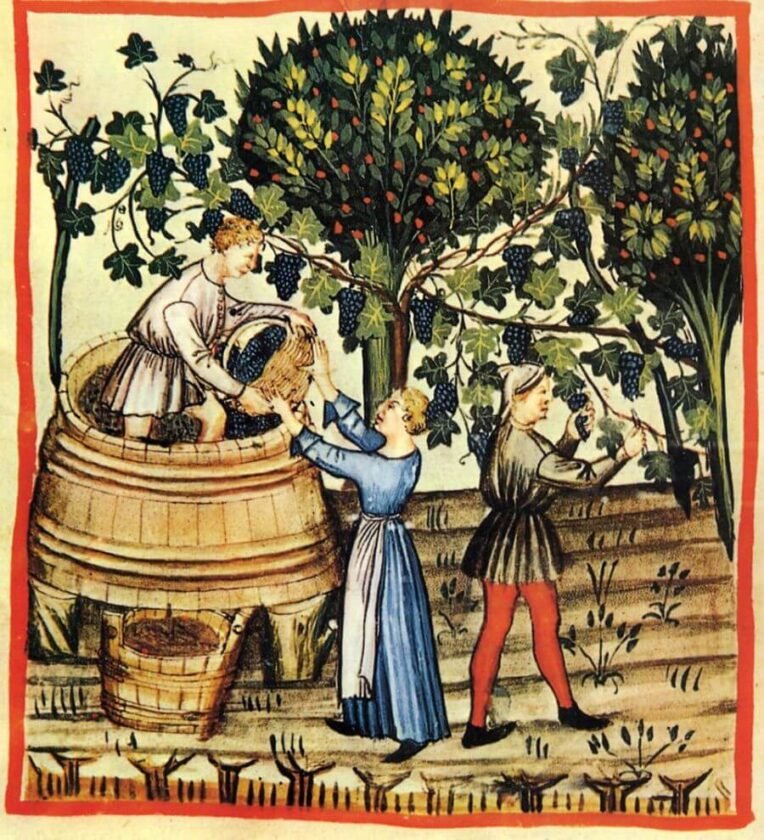
Wine, with its rich tapestry of flavors, aromas, and cultural significance, has been an integral part of human history for millennia. From its humble origins in ancient Mesopotamia to its global prominence today, the story of wine is a testament to the ingenuity, craftsmanship, and passion of winemakers and wine lovers throughout the ages. Join us on a journey through time as we explore the fascinating history of wine and its enduring legacy.
- Origins of Winemaking: The origins of winemaking can be traced back to the cradle of civilization in ancient Mesopotamia, where the cultivation of grapes and the fermentation of wine dates back over 6,000 years. The Sumerians, Babylonians, and Assyrians were among the earliest civilizations to produce and consume wine, using clay vessels called qvevris to ferment and store their prized libations.
- The Rise of Wine in Ancient Egypt and Greece: Wine played a central role in the religious, social, and culinary practices of ancient civilizations, including Egypt and Greece. In ancient Egypt, wine was associated with the divine and was often used in religious ceremonies and offerings to the gods. Meanwhile, in ancient Greece, wine held a revered place in society, with Dionysus, the god of wine, festivals, and ecstasy, presiding over its production and consumption. The Greeks elevated winemaking to an art form, developing sophisticated techniques for vine cultivation, grape pressing, and fermentation, and exporting their wines throughout the Mediterranean.
- Wine in the Roman Empire: The expansion of the Roman Empire brought wine culture to new heights, as Roman legions planted vineyards across Europe and introduced winemaking techniques to conquered territories. Under Roman rule, wine production flourished, with vineyards thriving in regions such as Gaul (modern-day France), Spain, and Italy. Wine became a symbol of Roman civilization, with vineyards and wine estates dotting the landscape and wine consumption becoming a daily ritual for citizens of all classes.
- The Influence of Christianity: With the spread of Christianity across the Roman Empire, wine took on new significance as an integral part of religious sacraments, particularly in the Catholic Church. Wine became associated with the Eucharist, symbolizing the blood of Christ, and vineyards were cultivated near monasteries and abbeys to supply wine for Mass. Monks played a crucial role in preserving and advancing winemaking knowledge during the Middle Ages, refining techniques for vineyard management, grape cultivation, and fermentation.
- The Age of Exploration and Globalization: The Age of Exploration in the 15th and 16th centuries brought about a new era of wine trade and globalization, as European explorers ventured to distant lands in search of new trade routes and commodities. Spanish conquistadors introduced wine grapes to the Americas, where they thrived in regions such as Chile, Argentina, and California, leading to the establishment of thriving wine industries in the New World. Meanwhile, European colonists brought their winemaking traditions to regions such as South Africa, Australia, and New Zealand, laying the foundation for future wine production.
- Modern Wine Culture: The modern wine industry emerged in the 19th and 20th centuries, marked by advancements in viticulture, winemaking technology, and global trade. The development of railroads, refrigeration, and bottling techniques facilitated the transportation and distribution of wine on a mass scale, while scientific research and experimentation led to improvements in grape breeding, vineyard management, and fermentation practices. The establishment of wine appellations, such as the AOC system in France, and the rise of wine criticism and education further shaped the cultural landscape of wine, elevating certain regions and grape varieties to international acclaim.
- Today and Beyond: Today, wine continues to captivate and inspire people around the world, transcending geographic, cultural, and socioeconomic boundaries. From iconic wine regions such as Bordeaux, Burgundy, and Tuscany to emerging wine destinations in Asia, South America, and beyond, the world of wine offers endless opportunities for exploration and discovery. Advances in sustainable viticulture, organic farming, and biodynamic practices are shaping the future of winemaking, as producers strive to balance tradition with innovation and stewardship of the land.
In conclusion, the history of wine is a testament to the enduring allure and cultural significance of this beloved beverage. From its ancient origins to its global reach today, wine has woven itself into the fabric of human civilization, enriching our lives with its flavors, aromas, and stories. As we raise our glasses to toast the past, present, and future of wine, let us celebrate the timeless spirit of camaraderie, conviviality, and appreciation for the simple pleasures that wine brings to our lives. Cheers to the fascinating history of wine and the journey that lies ahead!
Richard Parker, California
-
Recent Posts
-
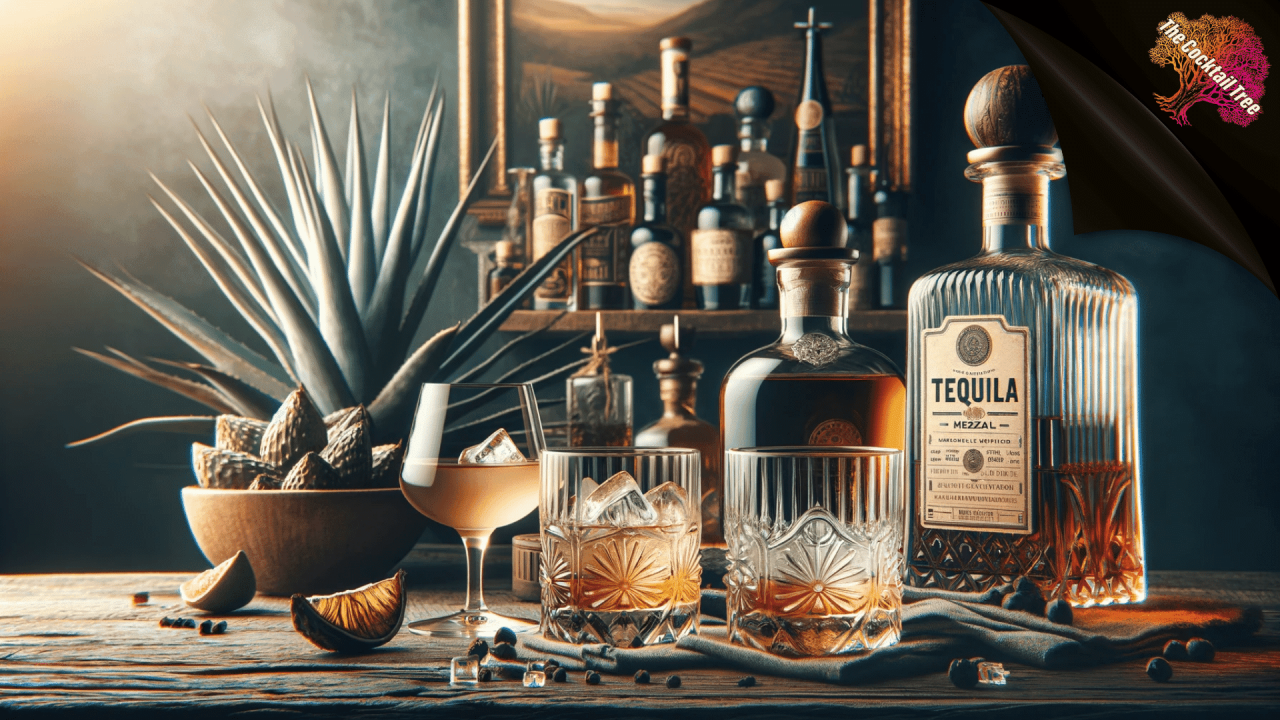
Tequila, the elixir of agave, transcends mere libation to become a symphony of science, art, and alchemy. Join us on an expedition through the intricate world of tequila, where molecules mingle, flavors...
-
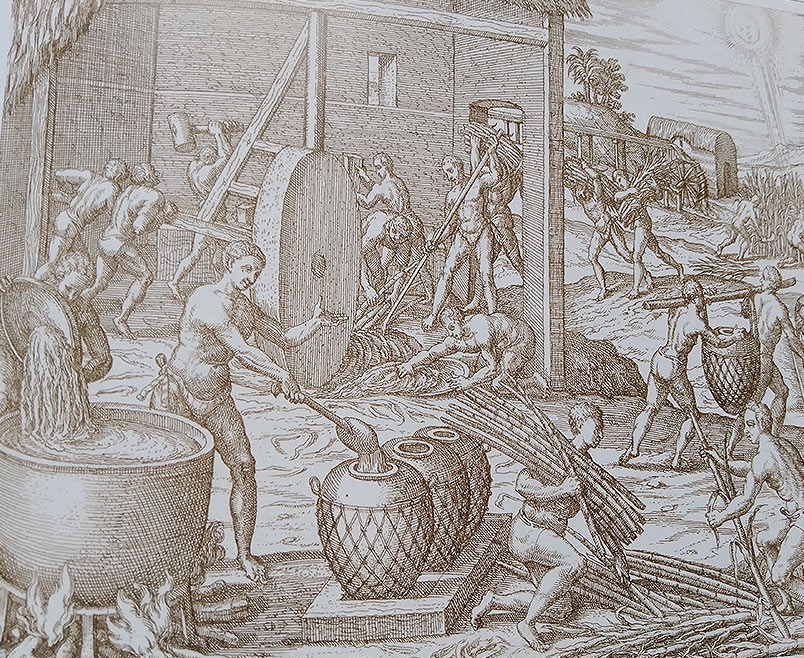
Rum, with its rich flavors and storied past, has woven itself into the tapestry of cultures and traditions around the world. From its origins in the sugarcane fields of the Caribbean to...
-
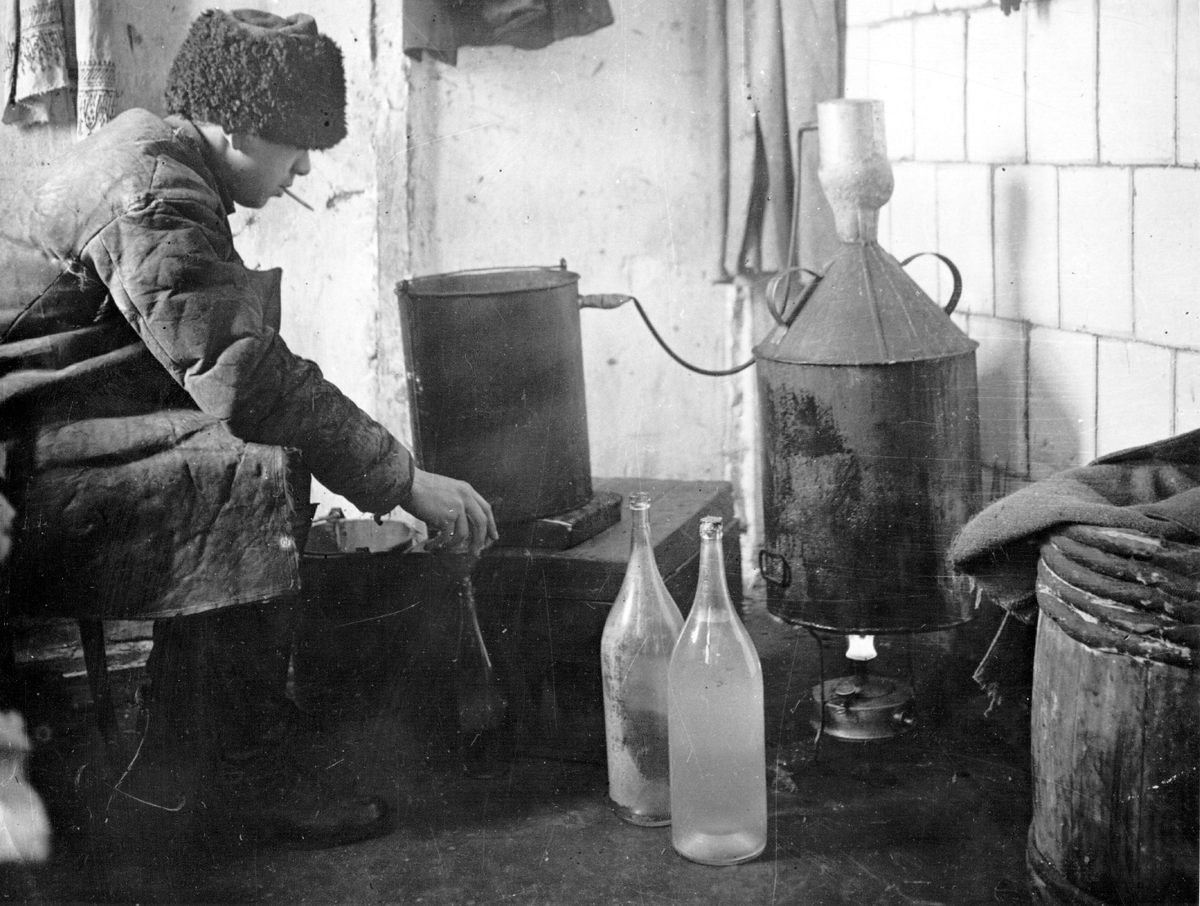
Vodka, with its clear, pure appearance and versatile nature, has a history as fascinating and diverse as the cultures that have embraced it. From its mysterious origins in Eastern Europe to its...
-
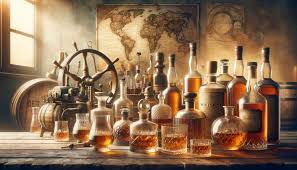
Whisky, with its complex flavors and rich heritage, has captured the hearts and palates of people around the world for centuries. From its humble beginnings in ancient civilizations to its global prominence...
-
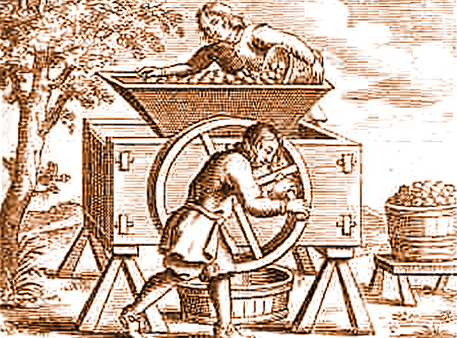
Cider, with its crisp and refreshing taste, has a history as rich and diverse as the apples from which it's made. From its ancient roots to its modern resurgence, cider has been...
-

Wine, with its rich tapestry of flavors, aromas, and cultural significance, has been an integral part of human history for millennia. From its humble origins in ancient Mesopotamia to its global prominence...
-
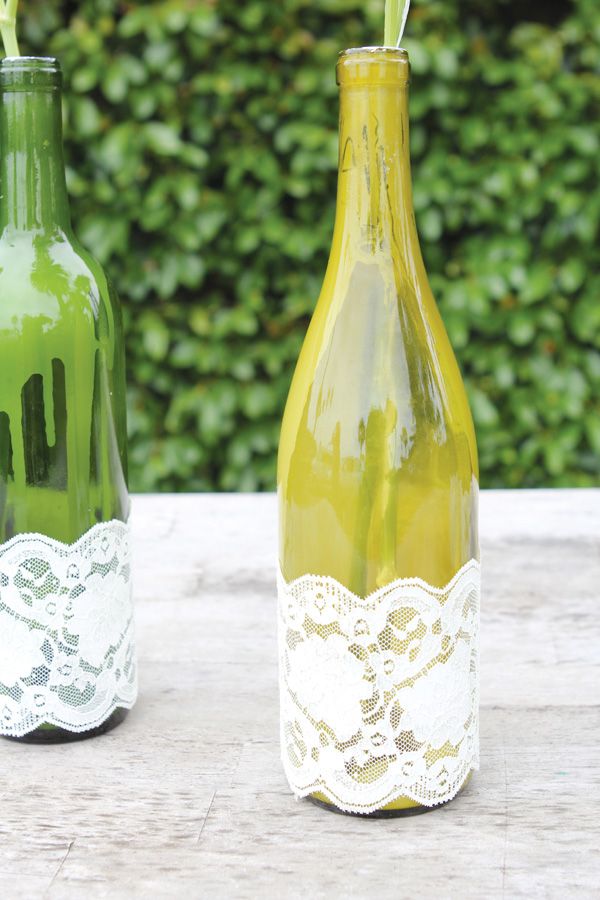
Wine isn't just for drinking—it's also a versatile and inspiring medium for crafting and décor. Whether you're looking to add a touch of wine-inspired charm to your home or seeking unique gift...
-
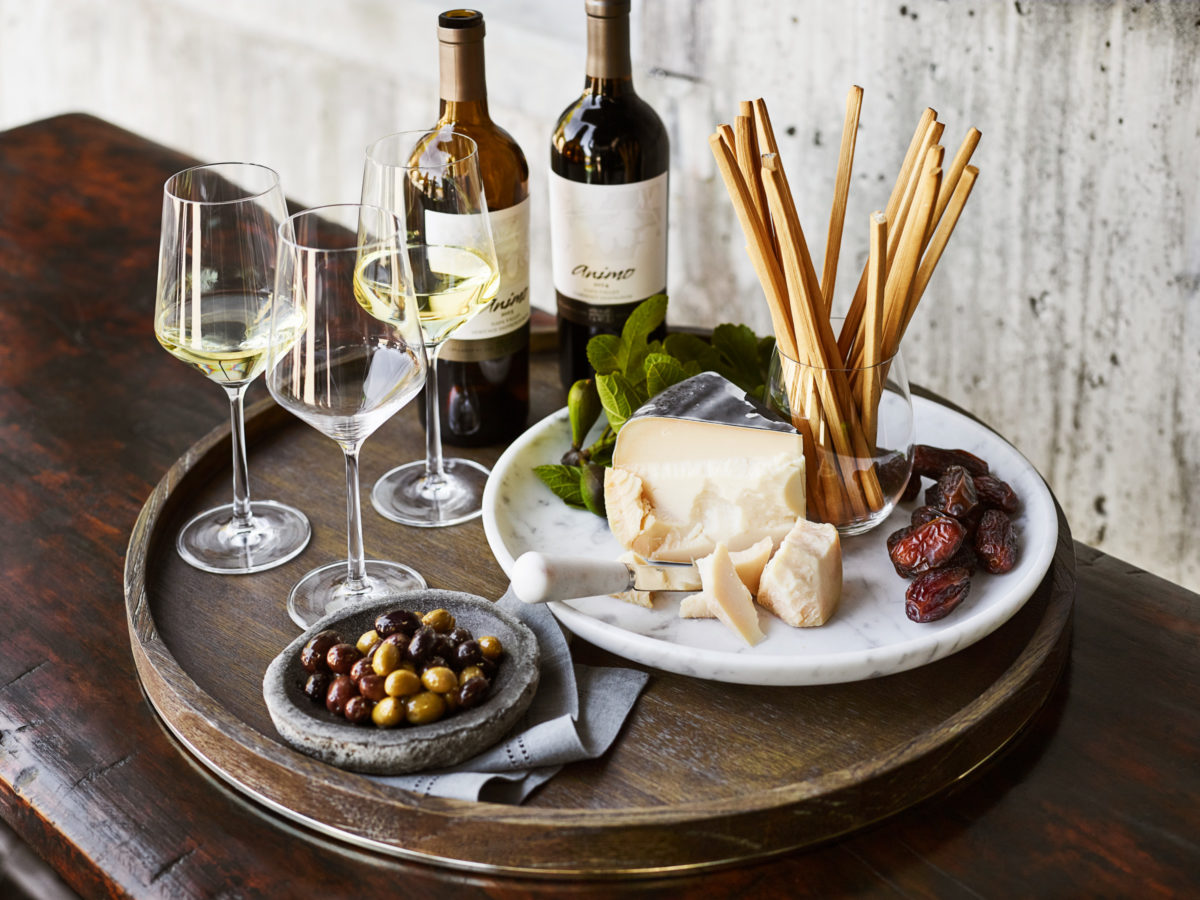
There's no better way to explore the world of wine than by gathering friends and loved ones for a wine tasting party. Whether you're a seasoned oenophile or a curious novice, hosting...
-
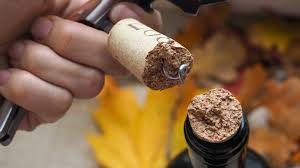
Wine, with its complexity and nuance, is a beverage cherished for its ability to delight the senses and evoke a myriad of flavors and aromas. However, like any agricultural product, wine is...
-
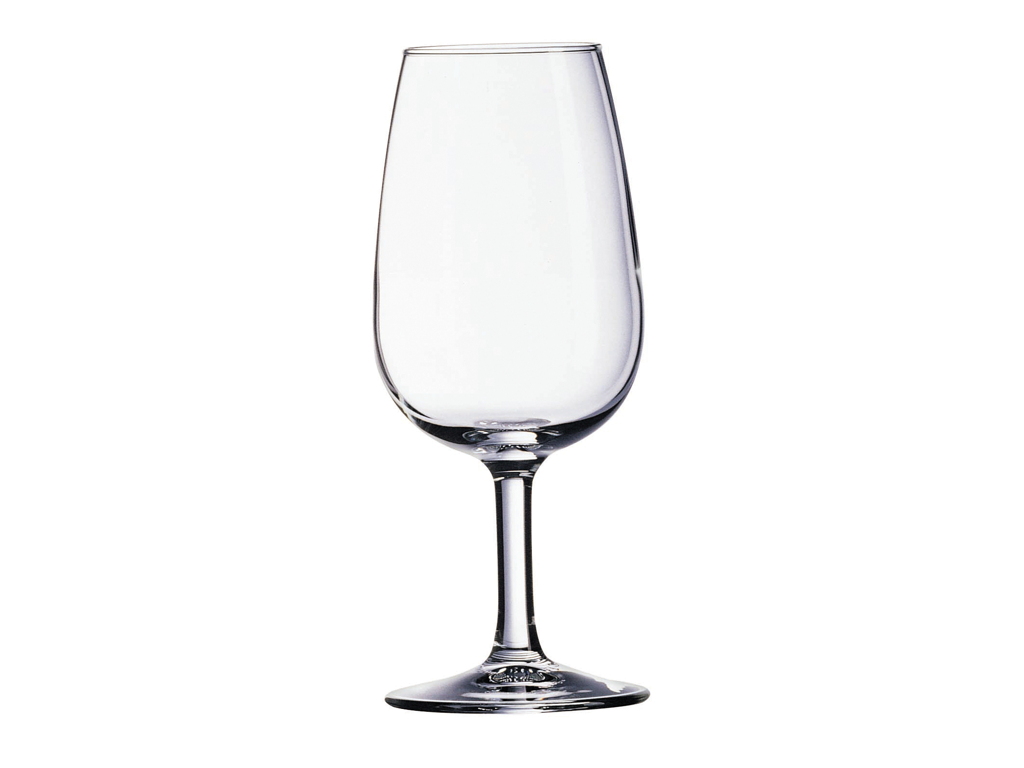
Selecting the right wine glass can significantly enhance your enjoyment and appreciation of wine, allowing you to fully experience its aromas, flavors, and nuances. With a wide array of shapes, sizes, and...
-
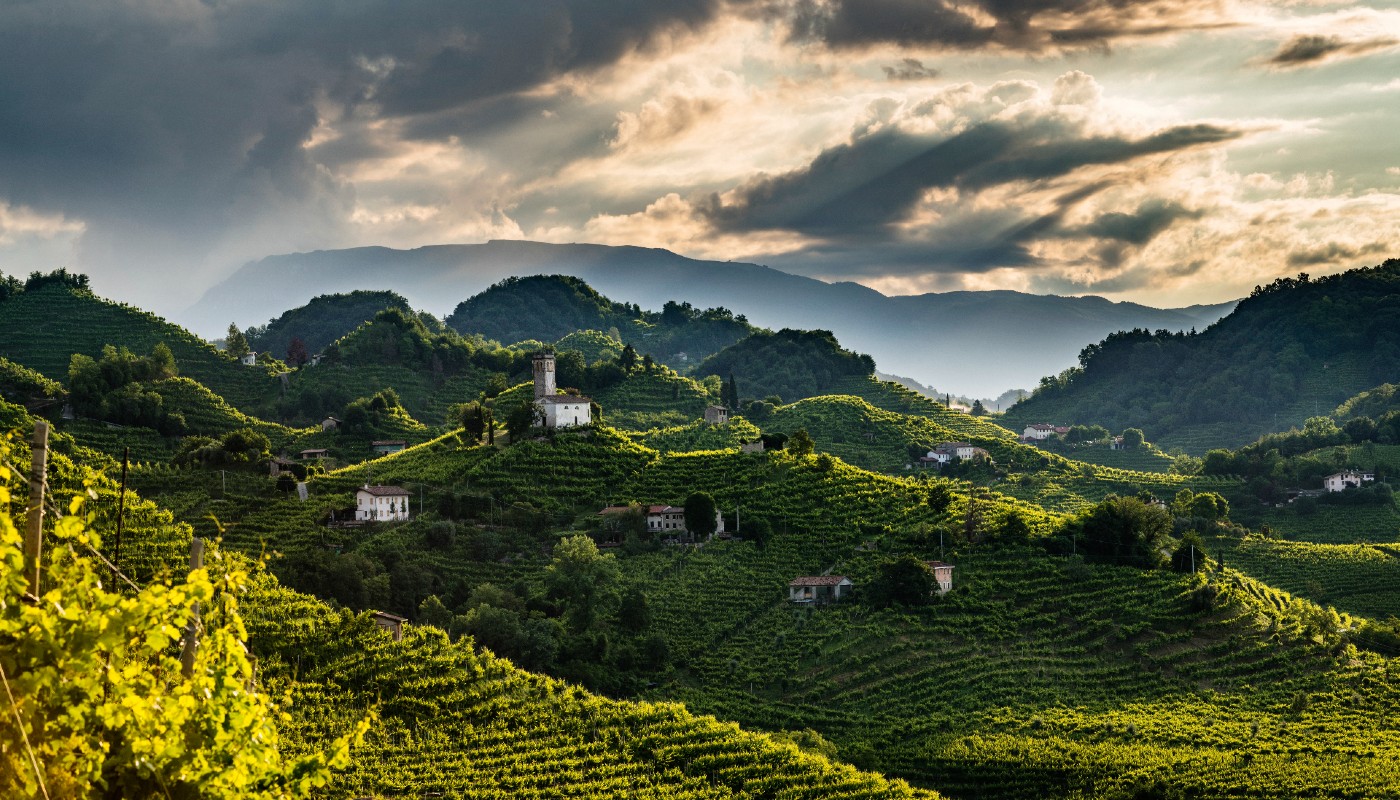
Nestled in the picturesque hills of the Veneto region in northeastern Italy lies the charming town of Conegliano, renowned as the birthplace of Prosecco and the epicenter of Italy's thriving sparkling wine...
-
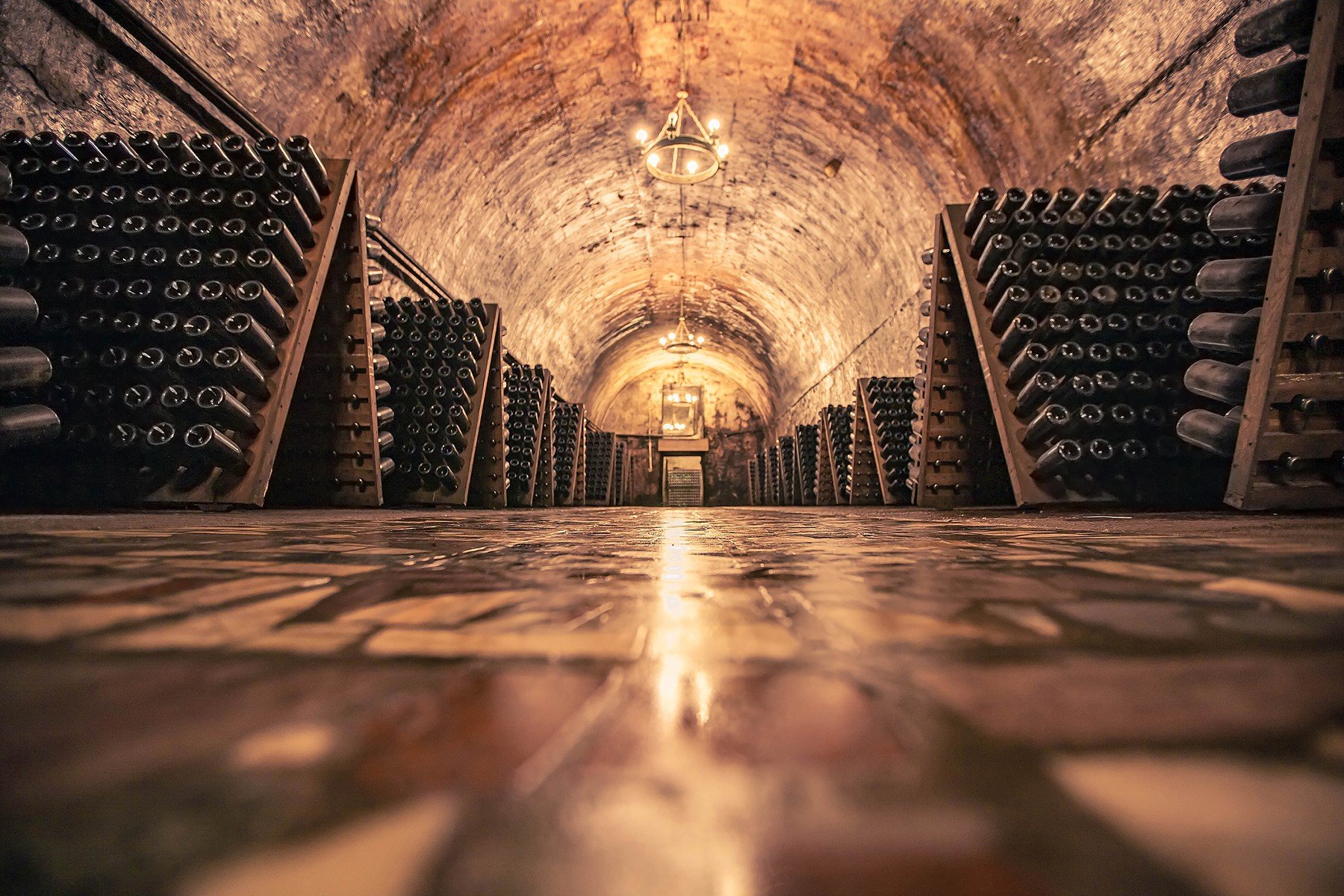
Champagne, the quintessential sparkling wine synonymous with celebration and luxury, is crafted through a meticulous and time-honored winemaking method known as the Méthode Champenoise. From grape to glass, the journey of Champagne...